The Art Of Goal Setting
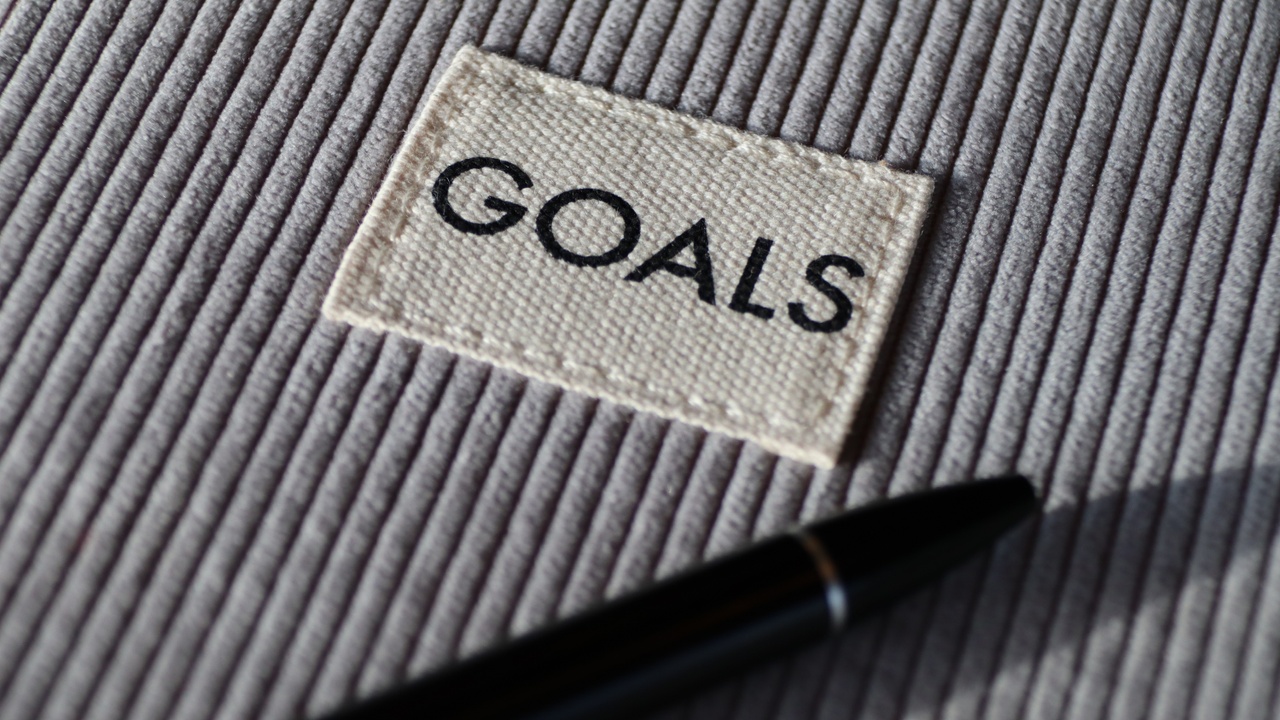
For many of us, as we transition through the first quarter of the new year, we feel that urge to make significant changes in our lives, but while it is easy to say, it is much more difficult to do and even harder to maintain.
So where does one start when the urge to make change comes over us - it all comes down to strategy. At this stage people often question, are we just better off simply getting on with it rather than wasting time planning it all out?
The answer to the question really depends on you, the individual. If you are the type of person that is quick to change and then quicker to change back, then strategy is the key. There are 4 key areas that are useful to consider when planning life-changing.
1) Plan around your weaknesses
We all have things that we enjoy doing and things we don’t, so when considering change the first thing to do is work out what some of the difficult areas that are potentially holding you back. The reason that this is so important is because we...
The Wonders Of Willpower

As we hurtle towards the end of the year and the chocolates start mounting up on our desks, the older parts of our evolutionary brain come under increasing pressure to focus on the long-term outcomes rather than the short term gratification.
Willpower is often thought of as a ‘have or have-not’, however researchers have shown that willpower is actually more like a muscle. Like any muscle, if you put it under too much strain for too long a period it begins to fatigue. Equally, like any good muscle, if you continue to strengthen it, it becomes able to handle more stress and strain for longer periods of time. So how do we apply this to chocolates on our desk and the fact that it’s nearly the holiday season...
Daytime fatigue - as willpower is like a muscle it's better in the morning. That’s why most people are more disciplined earlier on in the day. If you have an arduous task that you have been avoiding, try tackling it early in the morning rather than later in the day.
Will...
Decisions, Decisions

The world we currently live in is surrounded by knowledge and facts. The internet has become the go-to place to search for new information, the answer to a riddle, a funny skit or even medical diagnosis. The question is often asked whether we can sometimes wait for too much information before we make a decision and in that respect how much is too much.
The late General Colin Powell famously quoted the 40-70% rule of decision-making. The rule would state that, if you make a decision with less than 40% of the information you were making a guess - a stab in the dark approach, shooting from the hip. There wouldn’t have been enough information to assess the risks, consequences and the possible outcomes of taking such a decision. While there was a chance that you could succeed you could just as likely, fail.
If however, you wait to make a decision until you know more than 70% of the information then you may have waited too long and will probably have missed the opportunity. At th...
Adaptation

While many of us will have heard about PTSD it may be a surprise to find that covid-19 has led to psychologists categorising the pandemic as a collective trauma. Their reasoning was because it was experienced by all and its psychological impacts were felt by many. Data collected by Case Western Reserve University from 556 adults revealed a number of interesting statistics:
59% felt highly alert feelings and reactions
58% reported negative moods
30% were avoiding distressing thoughts and feelings
12% were recalling unwanted memories
86% reported 1 or more trauma symptoms
Furthermore, covid-19 has also led to a generalised loss of normalcy, lack of control of one’s life and a loss of trust in public systems. The researchers stated that 94% people reported at least one symptom of grief and 23% admitted to sensations of overwhelm.
With this in mind, how does an individual or society as a whole, repair the effects of such significant life events? One of the WorkLifeWell top ti...
Hybrid Highs
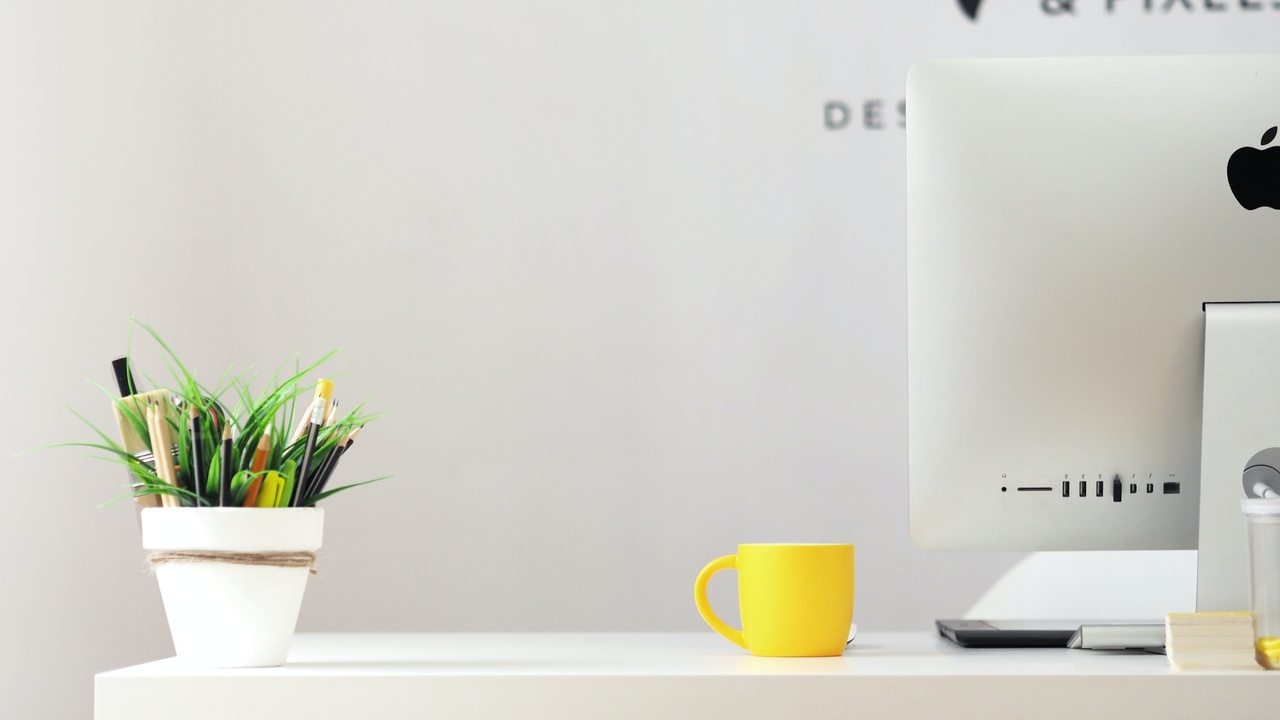
Many companies have started to introduce choice to colleagues, allowing people to choose the days that they would like to come into the office the days that they would rather work from home. With the offer of a new 'hybrid' working arrangement, many have started to work a ratio of 3:2, with 3 days being in the office and two working from home.
The most common days to work from home run either side of the weekend depending on work commitments and as a result, these members of staff are working TW&T days (as seen on twitter) which stands for Tuesdays, Wednesdays and Thursdays.
Understanding that employees are faced with two different working routines, how do we ensure that we get the best of both worlds, and reduce the chance of a two tier culture? The first thing to realise is that there are advantages and disadvantages of both working arrangements. The predicament that many are faced with is extracting the best parts of working in both scenarios.
So which bits should we be t...
Control Your Capacity
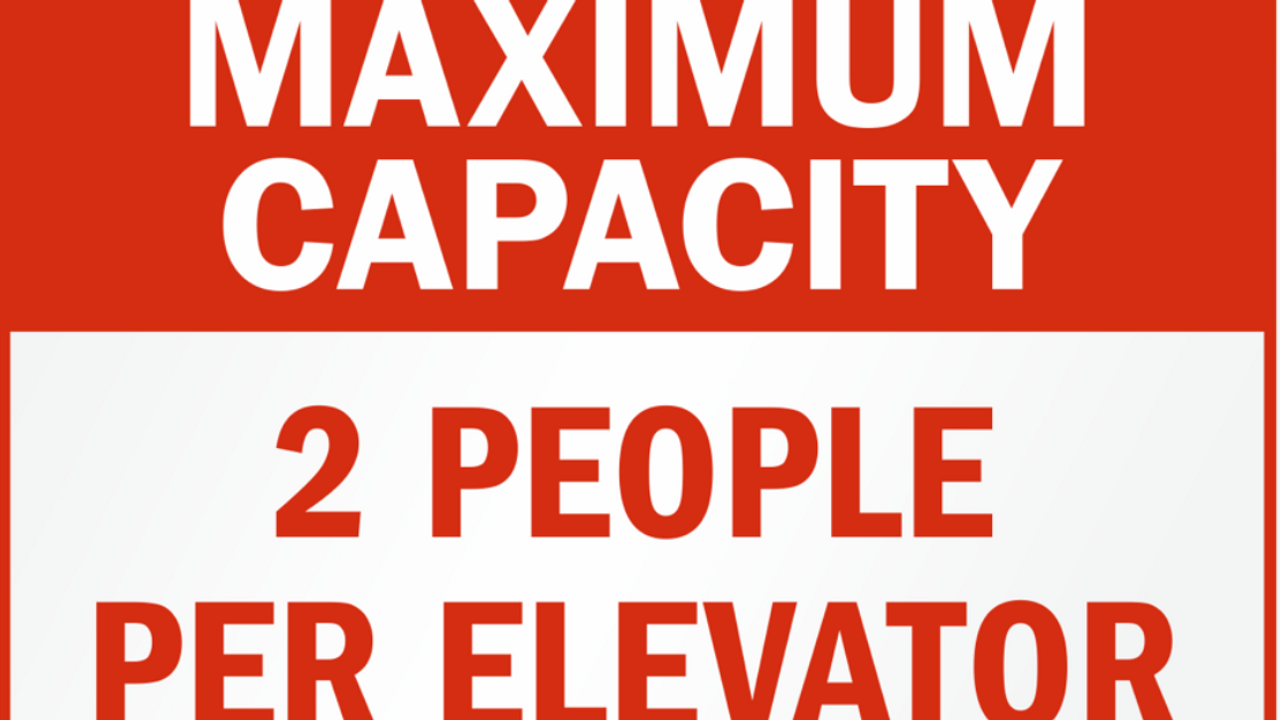
When I was young I learned to juggle. I could take 3 juggling balls and swiftly elevate them into the air in a whole host of various and complicated patterns. Then someone would throw a 4th ball into the mix and without thinking I could absorb the extra strain and just about manage to keep the routine going. A 5th ball would be introduced but this time it was too much and then...disaster, I would drop them all - I had reached the limit of my capacity! The point is, I didn’t just drop the two that I was struggling with, even though I was easily able to manage three, trying to manage 5, meant they all came tumbling down.
So what’s this got to do with you? If you entered an elevator you would always see a sign warning you of the capacity of the lift. If you exceeded the capacity there would be undue strain on the cables and pulleys which could lead to poor performance and even put the inhabitants at risk of danger. The same is true of your own workload and job role. If you take o...
Psychology Of Happiness

What is happiness?
Leading behavioural psychologists tell us that it’s often a combination of factors. Firstly, an overall sense of wellbeing. Someone who feels in control of their health, is active, and conscious of what they need to do to stay healthy. Secondly, someone who not only experiences positive situations, but someone who recognises the positives and welcomes those feelings too; for example after an appraisal at work, not only focussing on the stuff to improve, but also recalling and telling others about the positives too. Lastly those who have plans, goals, a direction they are heading in, whether that be work or personal.
Now of course you can be inactive, not very healthy or have any true direction and still be happy, but would having them make you even happier?
That said, what can we all do to improve our happiness and have more chances of experiencing the emotion more regularly?
Author: Dr. Adam Greenfield, Co-founder of WorkLifeWell | Doctor of Chiropractic | W...
Perfect Posture

For many, having worked from home for an extended period, we have realised the importance of having a good work-station set-up to keep us functioning and out of pain. So as we continue our transition towards hybrid working we must remember that good ergonomics is vital. As a reminder, good ergonomics is not just about furniture. Rather, it is more focused on people in their working environment with the aim of increasing comfort and productivity.
Although there are numerous factors that need to be taken into consideration we consider the five top tips to remember:
- Environment: Is your environment that you work in comfortable? This can include the lighting, the temperature, which way you are facing, noise, distractions. Pay attention to these factors and this in itself can enhance how much work you get done.
- You: Good ergonomics has to take into account your body with all its attributes. If you have a stiff neck when you look down then it’s a good idea to avoid that positio...
Covid Keeps
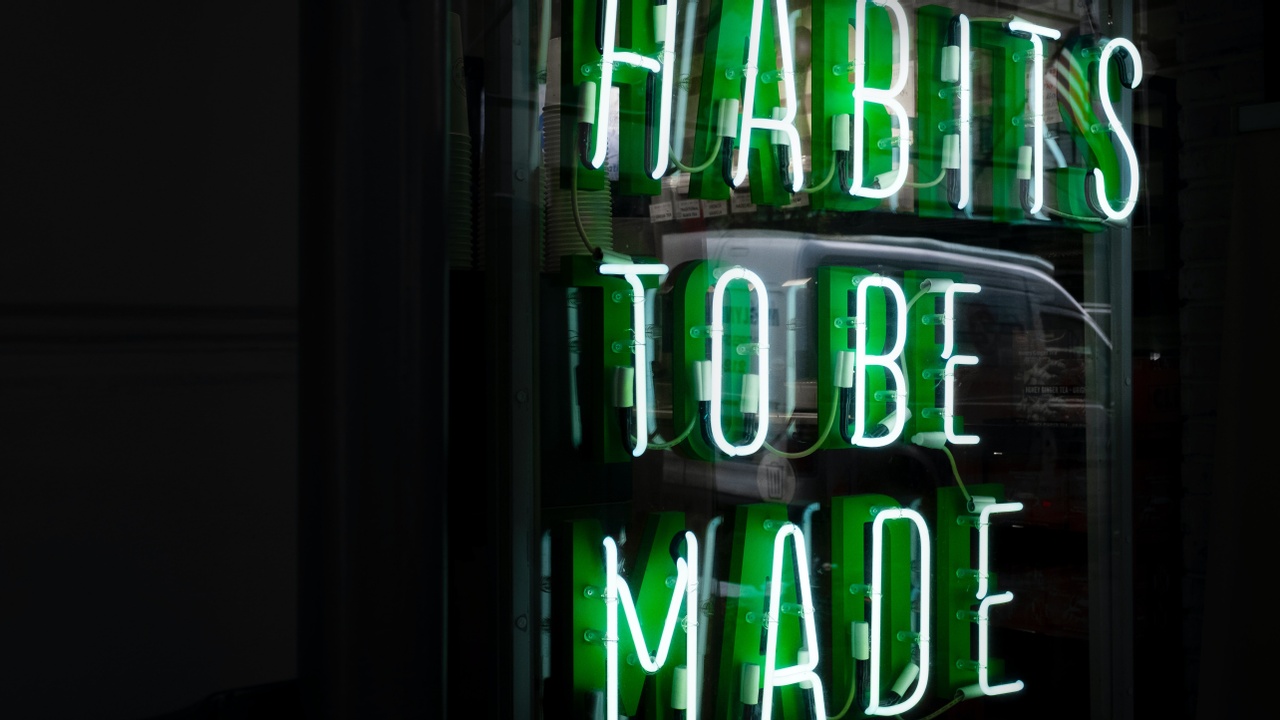
“If I hear the word ‘new-normal’ again I’m going to lose it” is the expression that many employees have told us over the past 12 months. However, while the phrase may be frustrating for many, the continual changing of the goal posts are testing our ability to adapt. We appreciate that for many, the pandemic has allowed some new challenging habits to form, there have also been some positives too.
‘Covid-keeps’ are defined as habits that we have built during lockdown that we don’t want to lose. This may have included new walking routines, eating schedules, yoga stretches, mind-time and much, much more. All of this is great but as we gear-up to the next covid-chapter it is useful to plan which habits we would like to keep.
So let’s look at a few examples. If you have developed a walking habit, perhaps a couple of times in the day it may be hard to spontaneously fit this in when you are at the office. You may have to get creative and get off the train a stop or two earlier or ...
Knowledge Sharing Network
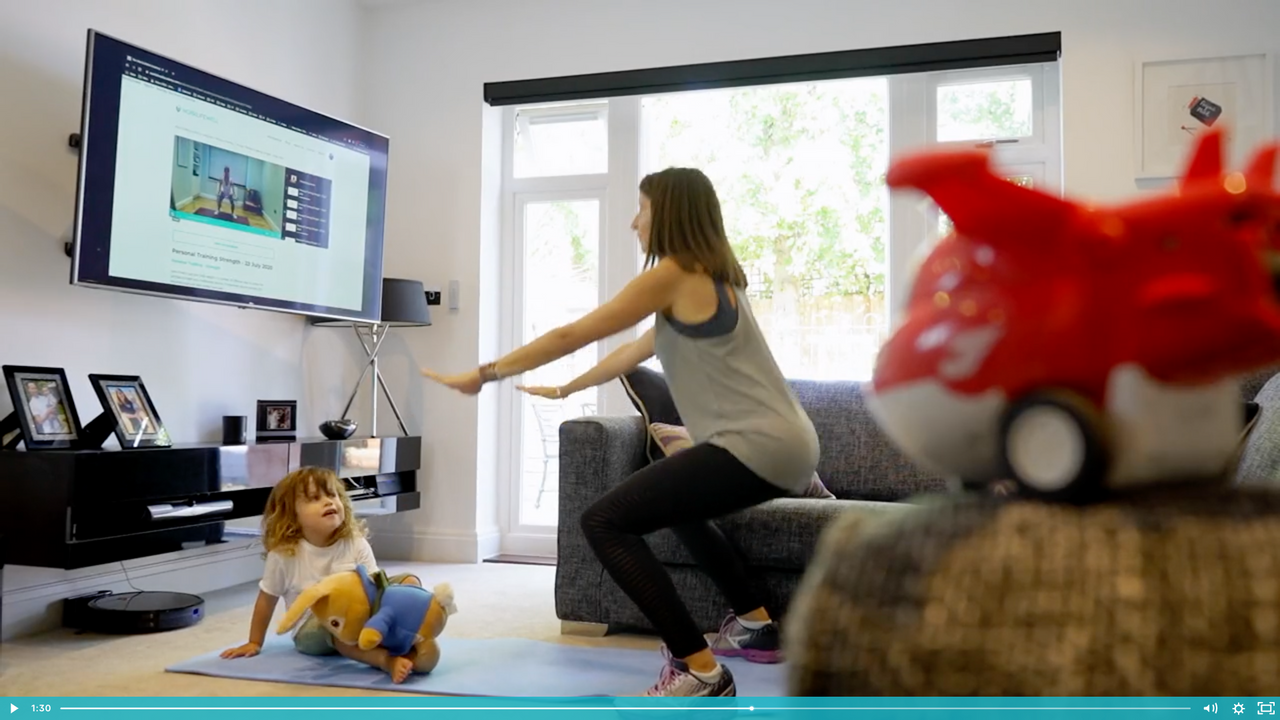
We brought HR and wellbeing leads together from across different sectors to share their wellbeing related challenges, and exchange ideas on how to combat the ever-increasing levels of stress and anxiety as we start to return to the office.
Here are some of the big questions we asked:
- What are your COVID Keeps?
- Have Chief Executives become the new heads of wellbeing?
- Has working remotely removed some of the accessibility barriers?
- Are colleagues at risk of burnout?
- Are we seeing more postural issues, social anxiety and experiencing mental health challenges?
The HR and Wellbeing leads around the (Zoom) table spanned a variety of sectors, from financial services, communications and supporting pharma companies to satisfy drug regulations. Whilst their businesses are very different, when it comes to employee wellbeing, there's a lot in common.
Employee engagement
The greatest challenges related to keeping colleagues connected and motivated whilst working remotely. Despite offe...


